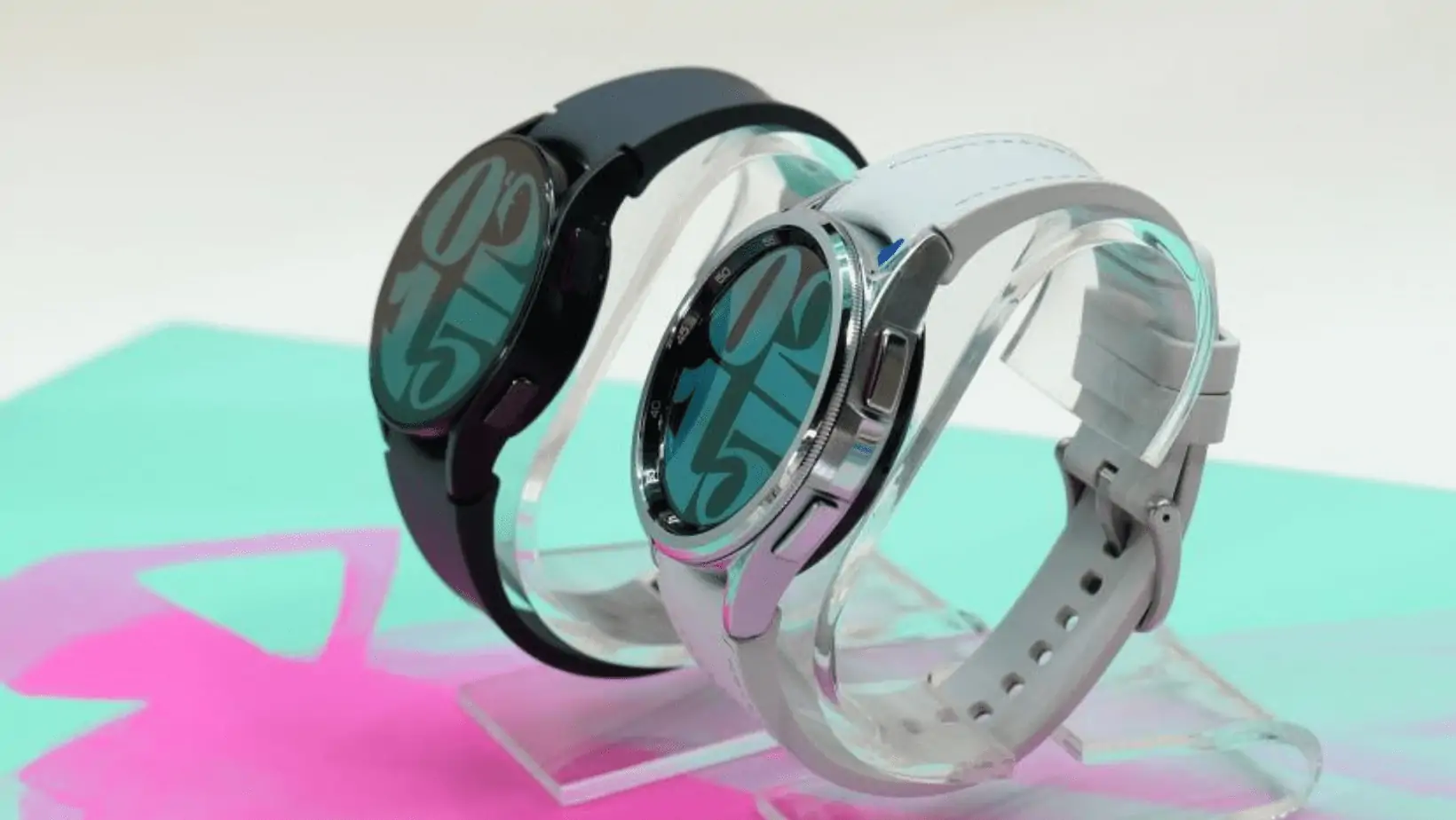
The wearable tech world is abuzz with excitement as Samsung recently unveiled its highly anticipated Galaxy Watch 6 lineup during the Unpacked event this week. With a focus on advanced health features and the inclusion of a physical rotating bezel, the new Galaxy smartwatches are set to compete head-to-head with existing Android wearables. However, before consumers rush to preorder the latest Samsung offering, they might want to consider how it measures up against a solid rival in the form of the Google Pixel Watch.
Pricing and Availability:
The Samsung Galaxy Watch 6 series boasts two versions: the standard model, starting at $299.99 (approximately ZAR 5,399), and the Classic model, starting at $399.99 (approximately ZAR 7,199). Preorders have already begun, and the official release date is scheduled for August 11th. In contrast, the Google Pixel Watch, available at $349.99 (approximately ZAR 6,299), requires an additional $50 (approximately ZAR 900) for cellular connectivity. While the Samsung standard version offers a more budget-friendly option compared to the Google Pixel Watch, the Classic model demands a premium price.
Size and Style:
Samsung’s Galaxy Watch 6 lineup offers more variety in terms of sizes. The standard version is available in 40mm and 44mm, while the Classic model comes in 43mm and 47mm options. On the other hand, the Google Pixel Watch has a single size of 41mm, potentially limiting its appeal to individuals with larger wrists.
As for aesthetics, the Google Pixel Watch showcases a beautiful circular domed display, but it lacks the Classic’s unique physical rotating bezel. Samsung’s rotating bezel provides a distinctive and intuitive user experience, which some may find preferable. Additionally, the Pixel Watch offers a wider range of color options, including gold, silver, gray, and black, compared to Samsung’s limited selection.
Health Features:
One area where the Galaxy Watch 6 stands out is in its health-tracking capabilities. Equipped with advanced sensors, the Galaxy Watch 6 can measure body composition, skin temperature, irregular heart rhythm notifications, and even blood pressure. However, it’s worth noting that the blood pressure measurement and EKG functionality are exclusive to Samsung phone owners, potentially putting users outside the Samsung ecosystem at a disadvantage. In contrast, the Google Pixel Watch collaborates with Fitbit to provide fitness tracking features, including FDA-cleared EKGs, exceptional sleep tracking, and stress management functionalities.
Software and Apps:
Both the Samsung Galaxy Watch 6 series and the Google Pixel Watch operate on Wear OS, ensuring access to the Google Play Store for app downloads. The Google Pixel Watch gains an advantage with its generous 32GB storage capacity, which is double that of Samsung’s Galaxy Watch 6 lineup. The additional storage space provides more room for music and apps, enhancing the overall user experience. Furthermore, the Pixel Watch comes preloaded with various Google-centric features such as Wallet, Assistant, YouTube Music, Maps, Home, and Calendar. Samsung’s wearable, on the other hand, offers some Google features alongside Samsung-specific ones like Samsung Pay and Bixby.
Battery Life and Power:
Battery life and processing power are crucial factors in the performance of any smartwatch. Samsung claims that the Galaxy Watch 6 offers a maximum of nearly two days of battery life, though real-world testing is yet to confirm this claim. In contrast, Google’s Pixel Watch has been known to last only about a day with normal usage, particularly when the always-on display feature is enabled. Additionally, Samsung’s Galaxy Watch 6 lineup comes equipped with the new Exynos W930 Dual-Core 1.4GHz processor, which is expected to provide improved performance compared to the older Exynos 9110 that powers the Pixel Watch.
Conclusion:
The competition between the Samsung Galaxy Watch 6 series and the Google Pixel Watch promises to be intense, as both wearables offer compelling features and functionalities. Consumers will need to carefully consider their priorities and preferences when making a choice between the two. Samsung’s lineup excels in health-tracking capabilities and provides a diverse range of size options, while the Google Pixel Watch impresses with its generous storage capacity and integration with Fitbit’s fitness features.
This website uses cookies.